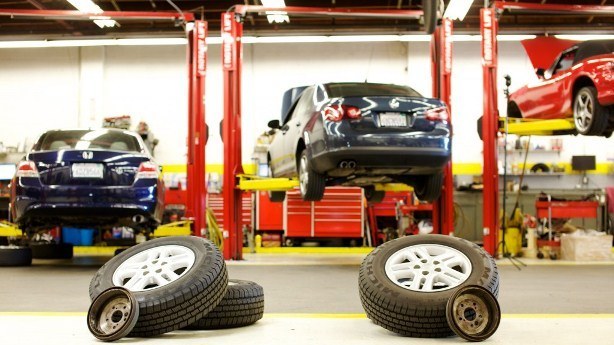All Categories
Featured
Regular cars and truck servicing is key to guaranteeing the safety and security, performance, and longevity of your automobile. Many vehicle proprietors locate themselves wondering, "Exactly how commonly should I service my car?" The response depends upon various factors, including your automobile's make and version, your driving habits, and manufacturer recommendations. In this overview, we'll damage down the vital factors to consider to aid you identify the optimal servicing timetable for your auto.
- Follow the Maker's Recommendations. The top place to look for assistance is your auto's owner's handbook. Makers provide a comprehensive upkeep timetable customized to your specific car model. This timetable commonly outlines solution periods for oil modifications, filter replacements, tire turnings, and examinations of crucial parts like brakes and suspension.
For most modern lorries, servicing periods are frequently based upon mileage or time, whichever comes first. For example:
Oil changes: Every 5,000 to 10,000 miles or every 6-12 months, relying on the type of oil utilized. Significant solutions: Usually every 30,000, 60,000, or 90,000 miles. Adhering to the manufacturer's recommendations ensures your vehicle continues to be in optimum problem.
- Consider Your Driving Practices. Your motoring style and habits play a significant duty in establishing how frequently your auto needs maintenance. If you frequently drive under extreme conditions, such as stop-and-go city traffic, severe temperatures, or dirty atmospheres, your automobile might require more frequent upkeep. Additionally, if you utilize your automobile for lugging heavy lots or drive fars away routinely, components like the engine and brakes may break much faster.
- Take Note Of Indication. In many cases, your auto might require servicing quicker than the scheduled interval. Be on the hunt for indication such as:
Unusual noises from the engine or brakes. Decreased fuel efficiency. Dashboard warning lights, such as the check engine light. Difficulty beginning the automobile. Resolving these problems promptly can stop small issues from rising into pricey repair services. 4. Seasonal Maintenance Checks. Seasonal changes can affect your cars and truck's efficiency, particularly in extreme climate condition. :
Before winter season, check your battery, tires, and heating unit to ensure they await cool weather. In summertime, ensure your air conditioning system is operating correctly to prevent getting too hot. Arranging seasonal exams aids your car remain trustworthy year-round.
- Benefits of Regular Servicing. Regular automobile maintenance uses numerous advantages, consisting of boosted safety, much better gas performance, and a longer life expectancy for your automobile. It also aids maintain your auto's resale worth, as potential buyers are much more likely to rely on a lorry with a consistent maintenance background.

Conclusion. The frequency of servicing your car relies on numerous factors, including producer standards, your driving behaviors, and environmental problems. Generally of thumb, constantly consult your owner's guidebook and don't neglect indication or uncommon behavior from your car. Regular maintenance is an investment that guarantees your car continues to be secure, reputable, and reliable for several years ahead. By remaining positive, you can appreciate peace of mind and a smooth driving experience.
Latest Posts
Take Advantage of Limited-Time Auto Repair Deals in Chicago at Montclare Auto Repair
Improve Your Home's Outside with Weathercraft's Siding Solutions
Unlock Your Financial Partner at WyHy – Key Advantages for Your Financial Success
More
Latest Posts
Take Advantage of Limited-Time Auto Repair Deals in Chicago at Montclare Auto Repair
Improve Your Home's Outside with Weathercraft's Siding Solutions
Unlock Your Financial Partner at WyHy – Key Advantages for Your Financial Success
